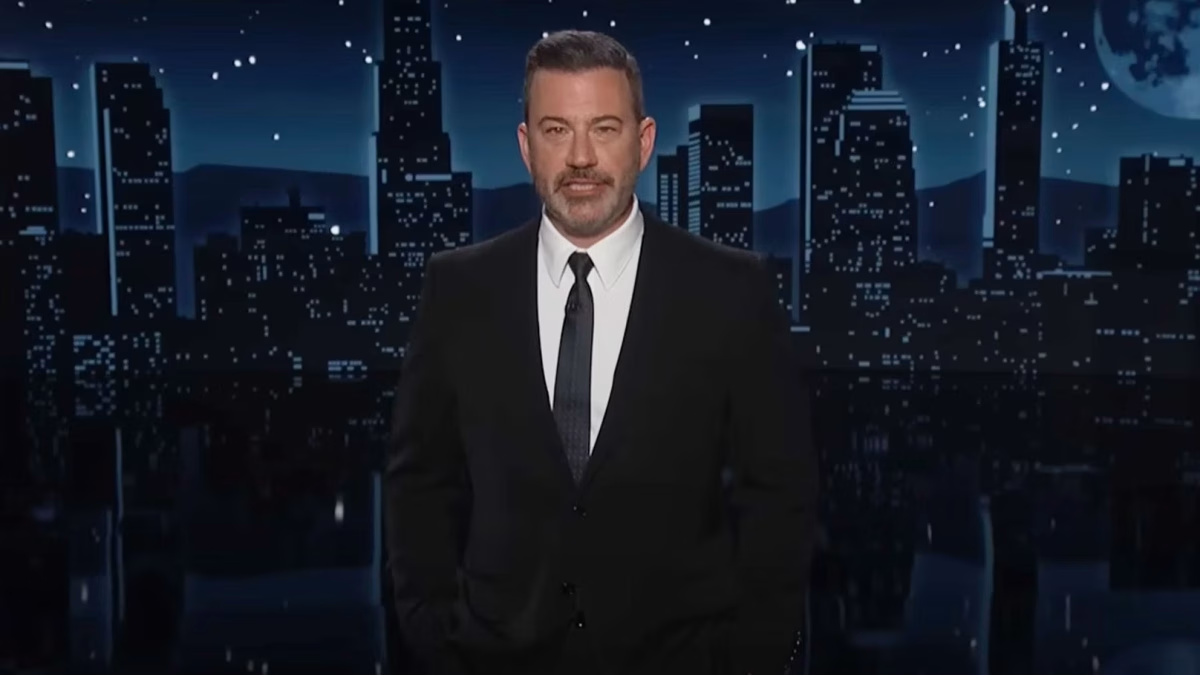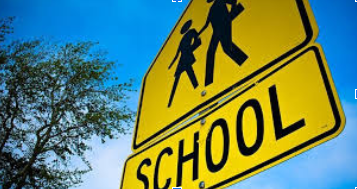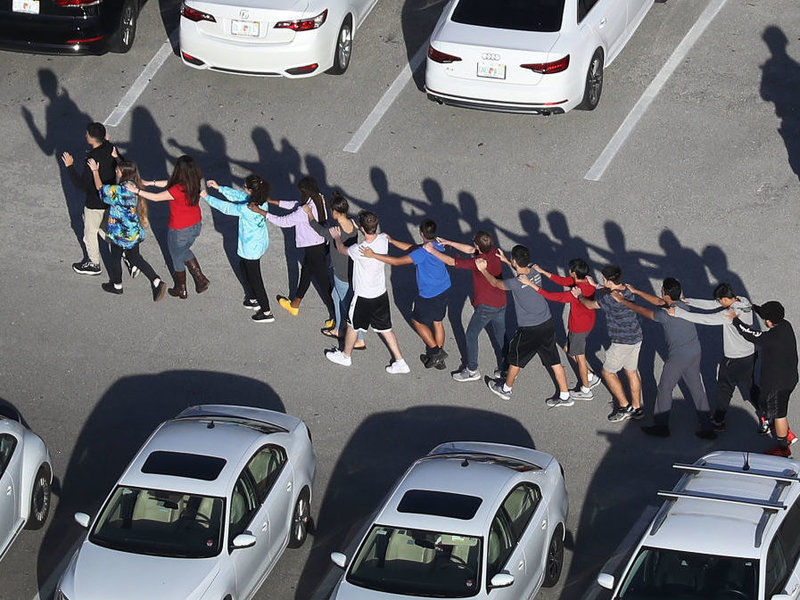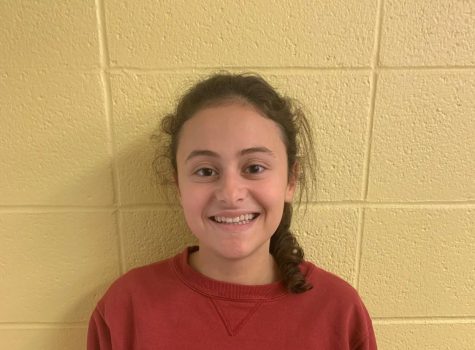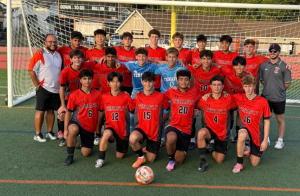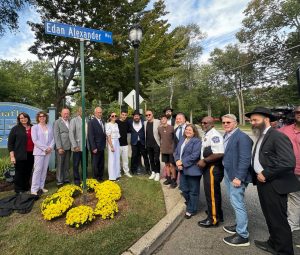Post Traumatic Stress From Mass School Shootings Takes the Lives of Victims’ Loved Ones and Survivors
April 12, 2019
The country will never forget the traumatizing events that occurred on December 14th, 2012 and February 14th, 2018. Both shook the nation. The Sandy Hook Elementary School shooting took the lives of 20 children between the ages of just six and seven years old and seven adult staff members. The Marjory Stoneman Douglas High School shooting took the lives of 17 students and staff members. It has been six years since the Sandy Hook Shooting and a year since the Parkland shooting, and even after taking the lives of educators and students, they still claim the lives of others connected to the events.
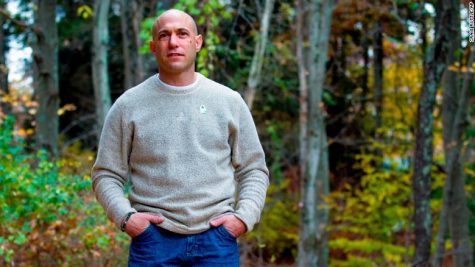
Jeremy Richman, the 49-year-old father of Avielle Richman, a victim of the Sandy Hook Shooting, committed suicide on Monday, March 18th. Avielle was just six years old when she became a victim of the Sandy Hook Elementary school shooting amongst the 19 other children whose lives were taken that devastating day in the Newtown community. According to CNN, Richman was found dead in his Connecticut office building Monday morning, reported by Newtown police. It was in this building that Richman had been continuously fighting to prevent an event like this from recurring. When he lost his beloved daughter in the shooting, he co-founded The Avielle Foundation, a nonprofit organization that works to prevent violence through research and the effort of the involvement of the community. He founded the organization with his wife, Jennifer Richman.
According to the same source, Richman had been working to uncover the neurological reasoning behind violence and had focused on ensuring people are in good mental health and that those who were not sought help.
Unfortunately, Richman wasn’t the only life taken in response to school shootings. A day before Newtown lost someone dear to them, Parkland, Florida was also grieving over losses. In this case, it was two survivors of the Parkland shooting. Sydney Aiello, a 19-year-old, 2018 graduate from Marjory Stoneman Douglas High, committed suicide on Sunday, March 17th. CNN reported that AIello had been attending Florida Atlantic University where she was struggling with Survivor’s Guilt and was diagnosed with Post Traumatic Stress Disorder. Aiello was planning on going into the medical field, NBC news reported, but struggled to get through her college classes as classrooms now scared her. Aiello had lost a close friend in the Parkland shooting, Meadow Jade Pollack. According to NBC news, a GoFundMe account was set up for Aiello’s family. The family wrote on the GoFundMe page that Aiello liked yoga, cheerleading, and “brightening up the days of others.”
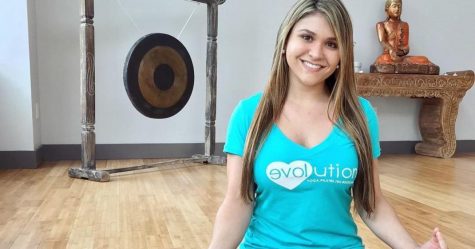
Along with Aiello, Marjory Stoneman Douglas High lost another student. Calvin Dasir was just 16 years old when he took his own life on Saturday, March 20th. He was a sophomore at Douglas High. Police and investigators are still investigating the official cause of his death, still unable to make the connection between his passing and post-traumatic stress from the shooting. According to the Miami Herald, a Go-Fund-Me Page was set up by Dasir’s sister, Brittany Wright. According to the Go-Fund-Me Page, Calvin had “strong aspirations of one day becoming an engineer.” His sister further wrote how Calvin “enjoyed riding his bike with his friends, shopping, cooking and trying new recipes with his mom, performing yard work and various chores with his dad, and spending quality time with our baby sister and I.”
It’s alarming to know that in just one week, three suicides were committed all connected to the same tragic and traumatizing scenario.
“The city of Coral Springs recognizes the anxiety and suffering continues for students, teachers, and families who have experienced such violence and devastating loss,” stated a post on the Coral Springs Police Department ‘s Facebook page, as reported by the Miami Herald. “In the span of one week we lost two teens from MSD to an apparent suicide. We simply cannot let the events of that day take the lives of any more of our children. As a City we are committed to shining a light on those who suffer in the darkness. The mental health of our children and all those who have been affected by the MSD tragedy must be made a priority.”
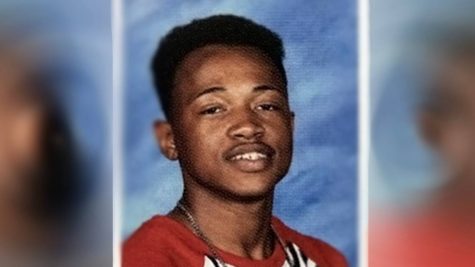
When searching for help related to suicide, whether you or someone around you is suffering from thoughts of suicide, don’t forget that help is all around you. Several websites including “The National Suicide Prevention Lifeline,” “National Alliance on Mental Illness,” and “Help Guide” provide information on preventing suicide for those affected by disaster or those whose loved ones were affected. If you have a friend, loved one, or neighbor who has been affected by disaster, make sure you reach out to them. When someone is going through loss, fear, or sorrow, every bit of help means a lot. When giving help, keep in mind this life-saving advice. About half of people who’ve suffered emotional distress or depression need ongoing support services for as long as six months to a year. Even if they show signs of recovering, continue to check on them. Check in with them regularly, talk and, most importantly, listen to them. Lend them a hand with simple daily work and make sure they know that there’s someone who genuinely cares about them and is willing to hear their story. However, make sure you take care of yourself too. Don’t pressure yourself or burden yourself with excess work or stress. When things get overwhelming, get professional help from organizations dealing with suicides.
If you or someone you know might be at risk of suicide, here’s how to get help: in the United States, call the National Suicide Prevention Lifeline at 1-800-273-8255 or through the Disaster Distress Helpline: 1-800-985-5990. The International Association for Suicide Prevention and Befrienders Worldwide also provide contact information for crisis centers around the world.





























































